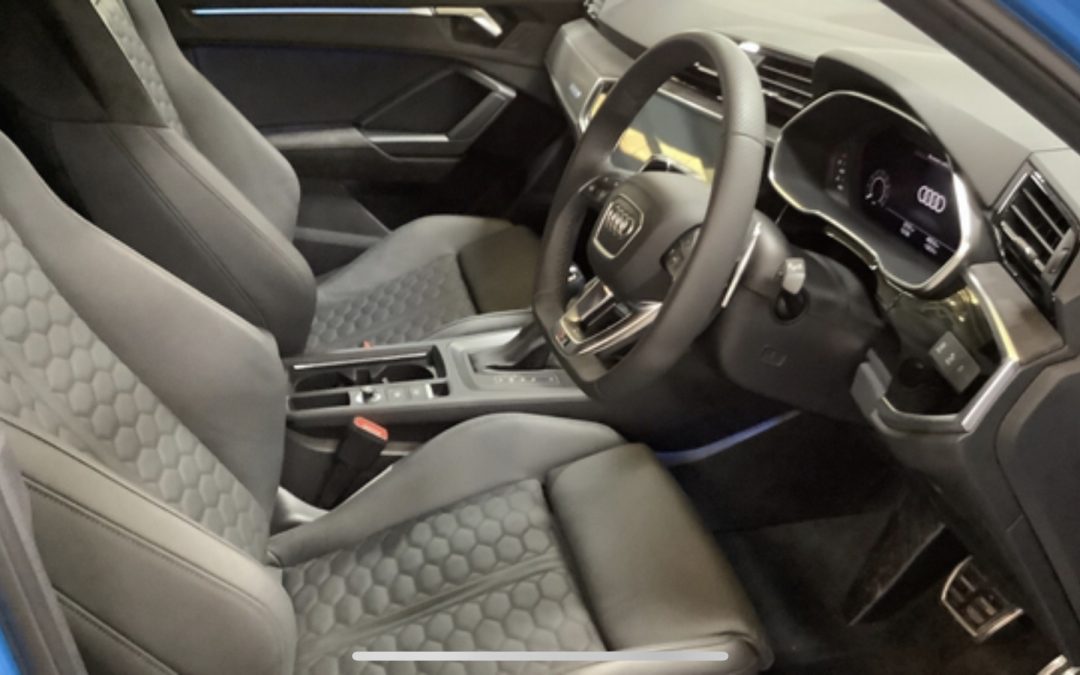Buying a used car in the UK
Buying a used car can be a cost-effective way to get behind the wheel of a vehicle that suits your needs. However, to ensure you make a smart purchase and avoid potential pitfalls, there are several important factors to consider. Here’s what to look out for when buying a used car in the UK:
1. Budget:
- Determine your budget before you start shopping for a used car. Consider not only the purchase price but also ongoing costs such as insurance, road tax, fuel, and maintenance.
2. Research the Vehicle:
- Research the make and model of the car you’re interested in. Look for reviews, reliability ratings, and common issues associated with that vehicle. This information will help you make an informed choice.
3. Vehicle History:
- Obtain a comprehensive vehicle history report, which should include details about the car’s previous owners, service history, mileage, and whether it has been in any accidents or had major repairs.
4. MOT History:
- Check the car’s MOT history online using its registration number. This will provide insights into any recent maintenance issues or failures.
5. Service Records:
- Request the service records for the vehicle. A well-documented maintenance history is a good indicator of how well the car has been cared for.
6. Vehicle Identification Number (VIN) Check:
- Verify that the VIN matches the one on the vehicle’s logbook (V5C). Inconsistent or missing VINs could be a sign of a stolen or tampered vehicle.
7. Test Drive:
- Always test drive the car before making a decision. Pay attention to how it drives, the engine’s performance, brakes, steering, and any unusual noises or vibrations.
8. Vehicle Inspection:
- Consider having a professional mechanic inspect the vehicle. They can identify hidden issues that may not be apparent during a test drive.
9. Vehicle Documents:
- Ensure that the seller provides all necessary documents, including the V5C logbook, MOT certificate, service history, and owner’s manual.
10. HPI Check: – Perform an HPI (Hire Purchase Investigation) check to confirm that the car is not stolen, has no outstanding finance, and has not been written off by an insurance company.
11. Ownership Costs: – Research the insurance costs and road tax for the specific make and model you’re considering. Some cars are more expensive to insure or tax than others.
12. Price Comparison: – Compare prices for similar vehicles in the market to ensure you’re getting a fair deal. Be cautious if a deal seems too good to be true.
13. Warranty and Guarantee: – Check if the vehicle comes with any remaining manufacturer’s warranty or if the dealer offers a warranty or guarantee. This can provide peace of mind in case of unexpected issues.
14. Negotiate the Price: – Don’t be afraid to negotiate the price with the seller. Research the market value of the car and use that information to negotiate a fair deal.
15. Ownership Transfer: – Ensure that the necessary paperwork is completed for the transfer of ownership, including notifying the DVLA of the change in ownership.
16. Payment Method: – Be cautious when making payment. Using a secure method, such as a bank transfer or a reputable online payment service, can help protect against fraud.
By carefully considering these factors and conducting thorough research, you can make a well-informed decision when buying a used car in the UK and increase the likelihood of a successful and satisfying purchase.

